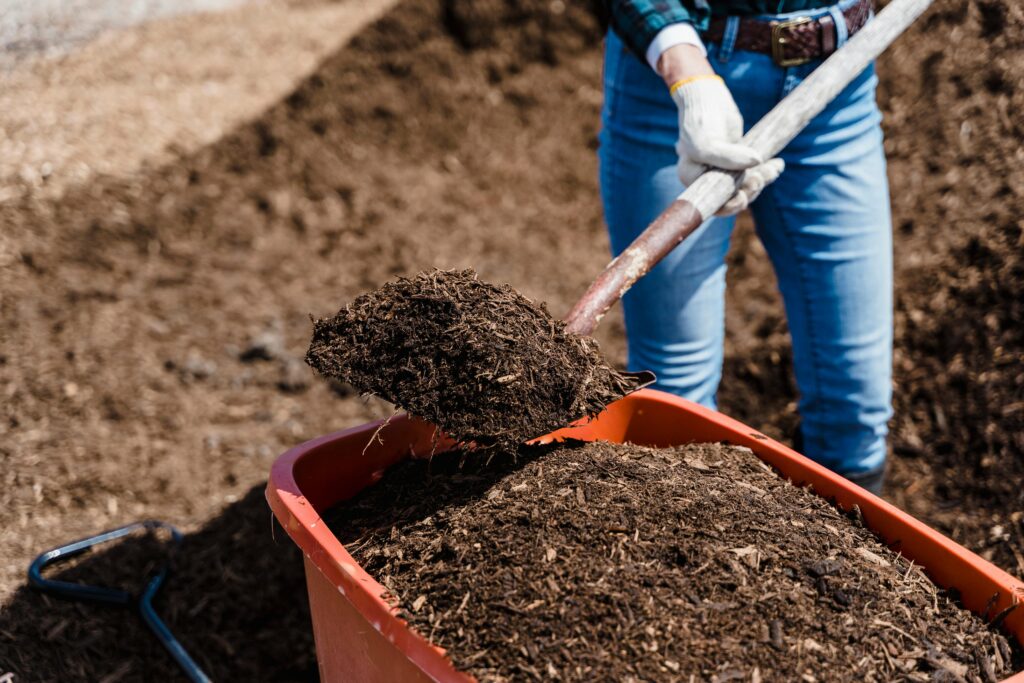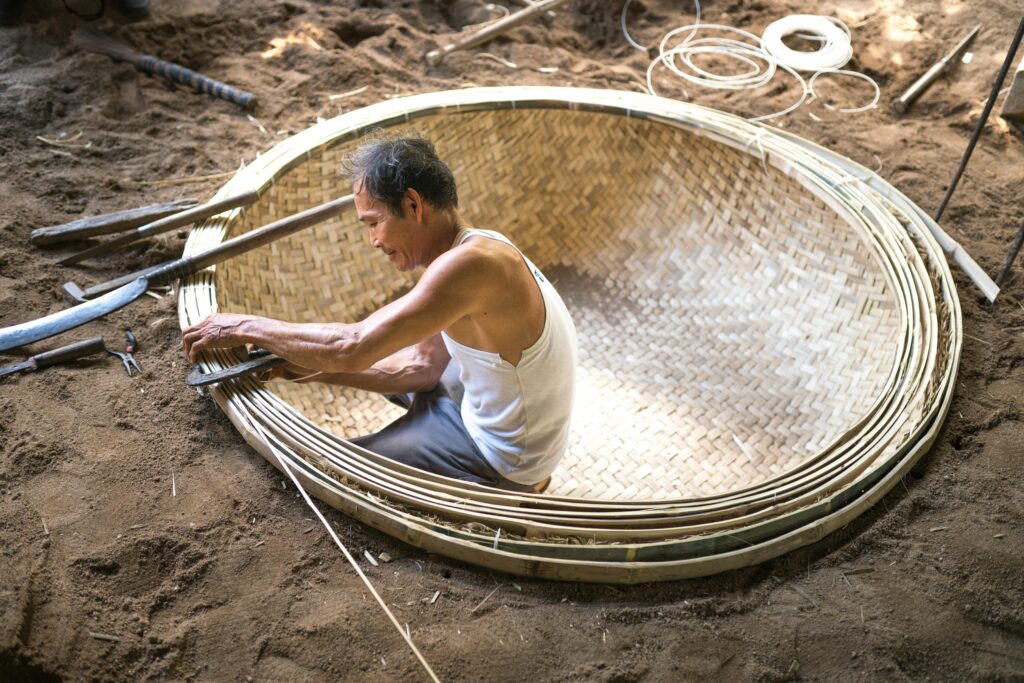“Composting is not just recycling—it’s nature’s way of healing the soil.”
The average household throws away pounds of food waste every week, much of which ends up rotting in landfills and producing methane, a powerful greenhouse gas. Composting is a simple, eco-friendly solution that transforms kitchen scraps and yard waste into nutrient-rich soil, also known as “black gold.”
In this guide, you’ll learn the basics of composting, different methods you can try at home, what to compost, what to avoid, and practical tips for success—even if you live in an apartment.
🌱 Why Composting Matters
Composting reduces household waste, saves landfill space, and enriches the soil naturally. Instead of buying chemical fertilizers, you can produce your own organic soil conditioner at little to no cost. It’s one of the most impactful zero-waste practices you can start today.
- Reduces methane emissions from landfills.
- Turns waste into a valuable resource.
- Improves soil health and plant growth.
- Saves money on fertilizer and trash bags.
🪱 Types of Composting
1. Backyard Composting
Perfect for homes with outdoor space. A bin or pile in the yard holds food scraps, leaves, and yard clippings until they decompose.
Cost: Compost bins range from $50–$150, or build your own for under $30.
2. Vermicomposting (Worm Composting)
Uses red worms to break down food scraps in a compact bin. Ideal for apartments or small spaces.
Cost: Starter worm bins cost $60–$120, and worms add about $30–$40.
3. Bokashi Composting
A Japanese method that ferments food scraps (including meat and dairy, which are usually excluded from compost). Works well indoors with minimal odor.
Cost: Bokashi kits start at $50–$80, plus bran refills at about $15.
4. Electric Composters
High-tech countertop appliances that turn scraps into soil amendment in hours. Convenient but more expensive.
Cost: $300–$500 upfront investment.
🍎 What You Can Compost
- Fruit and vegetable scraps
- Coffee grounds and filters
- Tea bags (remove staples)
- Eggshells
- Yard waste like grass clippings and leaves
- Shredded paper and cardboard (uncoated)
🚫 What Not to Compost
- Meat, fish, and dairy (unless using Bokashi)
- Oily or greasy foods
- Pet waste
- Glossy or coated paper
- Large branches or treated wood
⚖️ The Green vs. Brown Balance
Successful composting requires a balance between “greens” (nitrogen-rich materials like food scraps and grass) and “browns” (carbon-rich materials like dry leaves, cardboard, and paper). Aim for roughly 2–3 parts browns for every 1 part greens.
Tip: If your compost smells bad, add more browns. If it looks dry, add more greens or a splash of water.
💡 Practical Composting Tips
- Chop food scraps into smaller pieces to speed decomposition.
- Turn your pile every 1–2 weeks for aeration.
- Keep compost moist like a wrung-out sponge.
- Use a small countertop bin to collect scraps before transferring.
- Layer food waste with browns to reduce odors and pests.
🏡 Composting in Small Spaces
Don’t have a backyard? No problem. Vermicomposting, Bokashi bins, or even community compost drop-offs make composting accessible anywhere. Many cities now offer municipal compost collection services.
🌍 Environmental and Financial Benefits
Composting saves resources and money in the long term:
- Reduces landfill waste by up to 30% per household.
- Saves money on trash disposal and fertilizer costs.
- Creates healthier soil for gardens, reducing the need for chemical additives.
📌 FAQs About Composting
Q: How long does composting take?
A: With proper balance and turning, compost can be ready in 2–6 months.
Q: Does composting smell bad?
A: Healthy compost smells earthy, not rotten. If it stinks, adjust your green/brown ratio.
Q: Do I need to buy a bin?
A: Not always—you can start with a simple DIY pile if you have outdoor space.
Q: Can I compost indoors?
A: Yes, through vermicomposting, Bokashi, or small electric composters.
✅ Conclusion
Composting is one of the easiest and most rewarding eco-habits you can adopt. By turning your kitchen scraps into nutrient-rich soil, you close the waste loop, reduce your carbon footprint, and nourish your garden naturally. Whether you choose a backyard bin, a worm farm, or a simple countertop Bokashi, every step toward composting is a step toward a more sustainable lifestyle.


